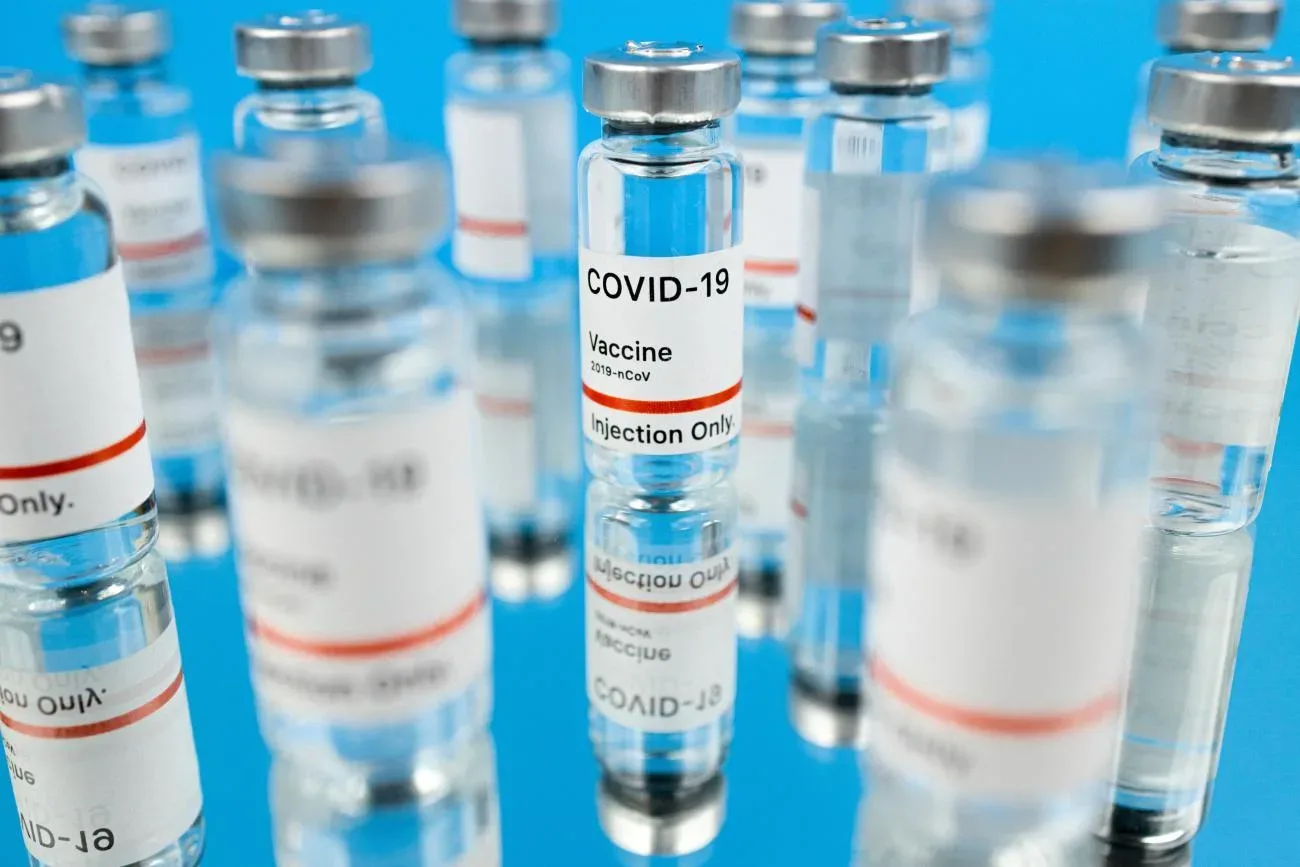2nd Booster Now Recommended for People 50 and Older as COVID Cases Rise

According to new guidance from the Centers for Disease Control and Prevention (CDC), people ages 50 and older should get a second booster dose of COVID-19 vaccine, preferably within 4 months of the first booster. These recommendations come as COVID cases are on the rise nationally, with an average of more than 100,000 cases reported every day —double the rate from a month ago.
The booster recommendation applies to individuals who have received the Pfizer/BioNTech, Moderna, and Janssen (J&J) vaccines. At the same time, primary doses of the Pfizer/BioNTech shot are approved for children as young as 5 years old and older. The Moderna and Janssen vaccines are approved for adults ages 18 and older. Patients can mix and match their boosters, that is, people who had an initial dose(s) of one vaccine can get a booster of any mRNA vaccine.
Additional doses of all vaccines are also authorized for individuals who are moderately or severely immunocompromised. Immunocompromised individuals aged 12 and older who received primary doses of the Pfizer/BioNTech vaccine should follow this with a fourth (booster) dose at least 3 months after their third primary dose and a fifth dose (second booster) 4 months after that.
For the Moderna vaccine, immunocompromised individuals ages 18 and older are recommended to receive three primary doses, followed by a booster at least 3 months afterward, and a second booster 4 months after that.
Those who are immunocompromised and received a primary dose of the Janssen vaccine should get an additional dose of an mRNA vaccine (Pfizer/BioNTech or Moderna)four weeks later, then a booster at least 2 months afterward, and a second booster at least 4 months after that.
Click here to read more.